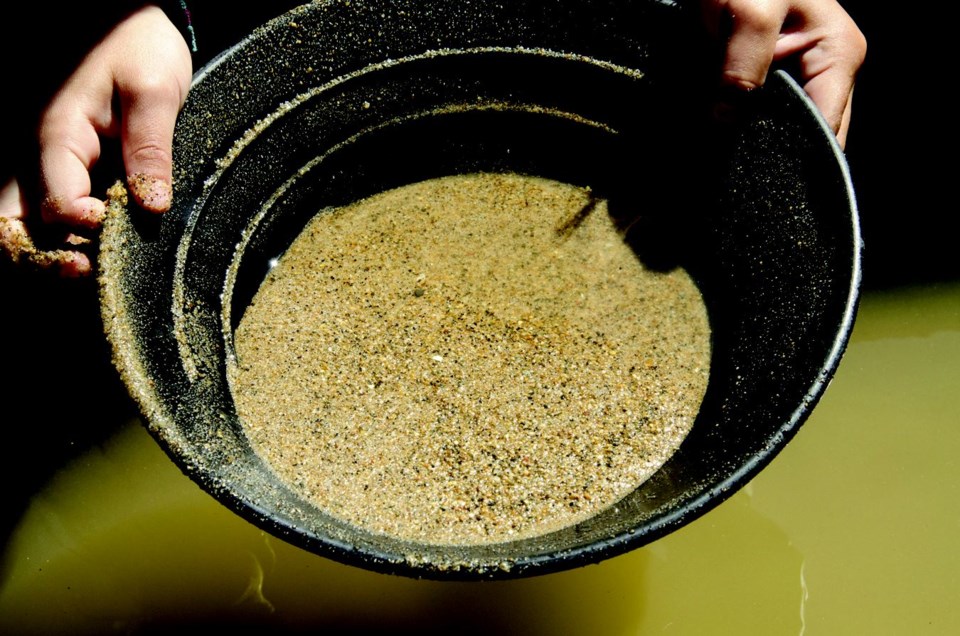A northern B.C. man has won a partial victory over the federal government's tax collector in a dispute over whether his small-scale gold prospecting constituted a business.
The Minister of National Revenue had argued Danny Michaud's activities had a "strong personal element" in disallowing business losses of $13,525 and $22,931 he claimed in 2007 and 2008.
But in a Tax Court of Canada ruling issued March 17, Justice Robert Hogan found Michaud was "engaged in gold prospecting in a commercial manner."
In doing so, Hogan limited the losses Michaud could claim to $8,426 and $14,068 for those respective years, agreeing with a Canada Revenue Agency auditor's conclusion that the disallowed expenses were personal in nature and not incurred for the purposed of earning income.
During the years in question, Michaud was working four days on and four days off as a truck driver, hauling gold ore for the Kemess gold mine 425 kilometres north of Prince George.
In March 2000, Michaud had acquired a free miner certificate and, on his days off, began prospecting for gold and other precious metals.
In 2002, he began reporting expenses in connection with those activities and also began to acquire mineral claims under the provincial claim registry system. By 2008, he had claims in Phillips Creek, Bella Coola and Manson Creek.
During an appeal hearing held in Prince George in February, Michaud said his activities in 2007 and 2008 consisted of prospecting for precious metals, particularly placer gold.
"He explained that he first used gold pans to find gold in creeks or streams located in his mining claims," Hogan said in the judgment.
"Generally speaking, if gold is found in a watercourse there is a greater chance that it will also be discovered on the adjacent land."
Michaud testified that he found commerically-viable gold deposits in one of his claims and now plans to start mining operations in 2015. Up to the date of the hearing, he had invested over $300,000 in equipment to work the claim and expected to spend a similar amount to begin operations next year.
Michaud said that under the province's mining legislation he was required to work the claim a certain amount each year to keep it in good standing, but the CRA auditor who disallowed the losses testified she believed Michaud made no more than four weekend prospecting trips in each of the years under review.
Michaud disputed the allegation, saying he did more work than he reported to the authorities and Hogan found the auditor based her finding solely on those reports while failing to account for Michaud's follow-up activities in his home laboratory.
Hogan also dismissed the auditor's argument that Michaud's habit of taking his two school-aged children on those trips indicated the activity was more a hobby than commercial venture, finding they did not interfere with his prospecting activities.
Hogan found Michaud had a well-defined business plan and has invested a significant amount of capital in the venture. Hogan also found the auditor's conclusion was based, in part, on the fact the business had not matured to the point of production on a commercial scale.
"Prospecting is a first step that precedes investment in the commencement of mining operations," Hogan said.
"Ore must be found in sufficient quantities before capital will be committed to mine development and to production.
"More often than not, prospecting activities are not successful. A great deal of time may pass between the prospecting, mine development and actual production stages."



